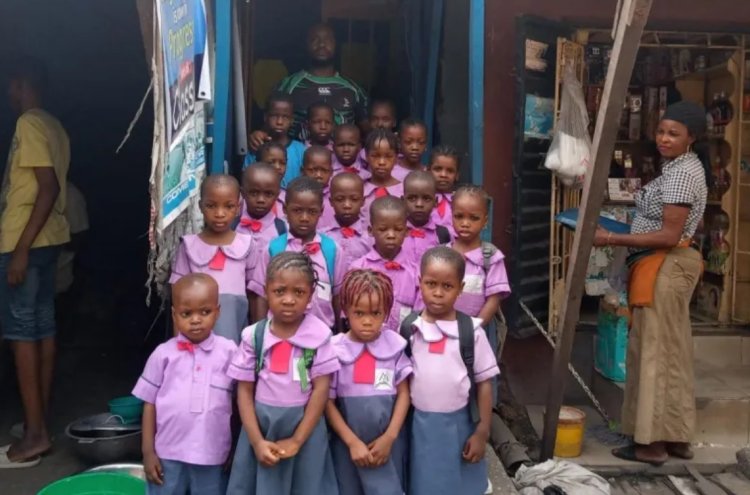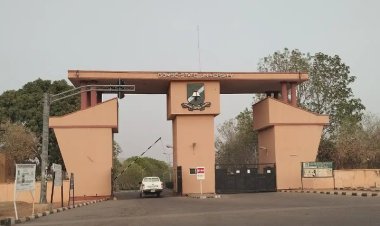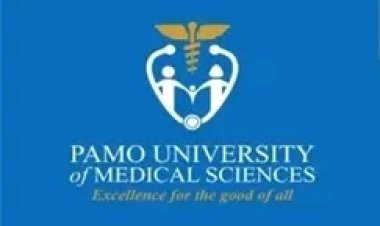Nigerian School in Lagos Funded by Plastic Waste Tuition Faces Financial Crisis
Morit International School in Ajegunle, Lagos, is facing a financial crisis despite its innovative "plastic-for-tuition" program that allows parents to pay school fees with plastic waste. Established in 2010 by Patrick Mbamarah, the initiative aims to provide educational access for low-income families.

In Ajegunle, Lagos, Morit International School is encountering significant financial challenges, jeopardizing its innovative "plastic-for-tuition" program. Established in 2010 by Patrick Mbamarah, a chemistry graduate, the school was designed to help families in the impoverished community access education by allowing parents to pay tuition fees with plastic waste. However, despite this creative solution, rising operational costs threaten the school’s sustainability.
Mujanatu Musa, a 40-year-old mother of three, relies on this initiative to educate her children, Abdulrahman, 12, and 9-year-old twins Abdulwaris and Abdulmalik. Living in a one-room apartment made of rusty iron sheets, Musa earns only about 2,000 naira ($1.30) a day from her hairdressing job. "The plastic is what helps me pay their tuition," she shared with Al Jazeera, highlighting the vital role this program plays in her family's ability to access education.
Initially, tuition at Morit International School was set at 6,000 naira ($3.66) per term, but many parents struggled to afford it, leading to the school's closure in 2012 due to unpaid fees. The school reopened in 2014, and to address the financial difficulties, Mbamarah introduced the "plastic-for-tuition" initiative after realizing the potential of the plastic waste littering the streets. “I was walking down the street one day when the sight of plastic bottles scattered everywhere struck me. This is money,” he recalled.
While the program has provided essential educational access for many families, it has also created logistical challenges. The costs associated with hiring a van to transport collected plastic to recycling points have drained the school’s funds. This financial strain has restricted the initiative to the primary school level, raising concerns about the project's long-term viability.
As Morit International School navigates these challenges, the fate of its innovative tuition model hangs in the balance. The community's reliance on this program underscores the need for sustainable solutions in education, particularly in underprivileged areas of Nigeria.

 Chris Oyeoku Okafor
Chris Oyeoku Okafor 



